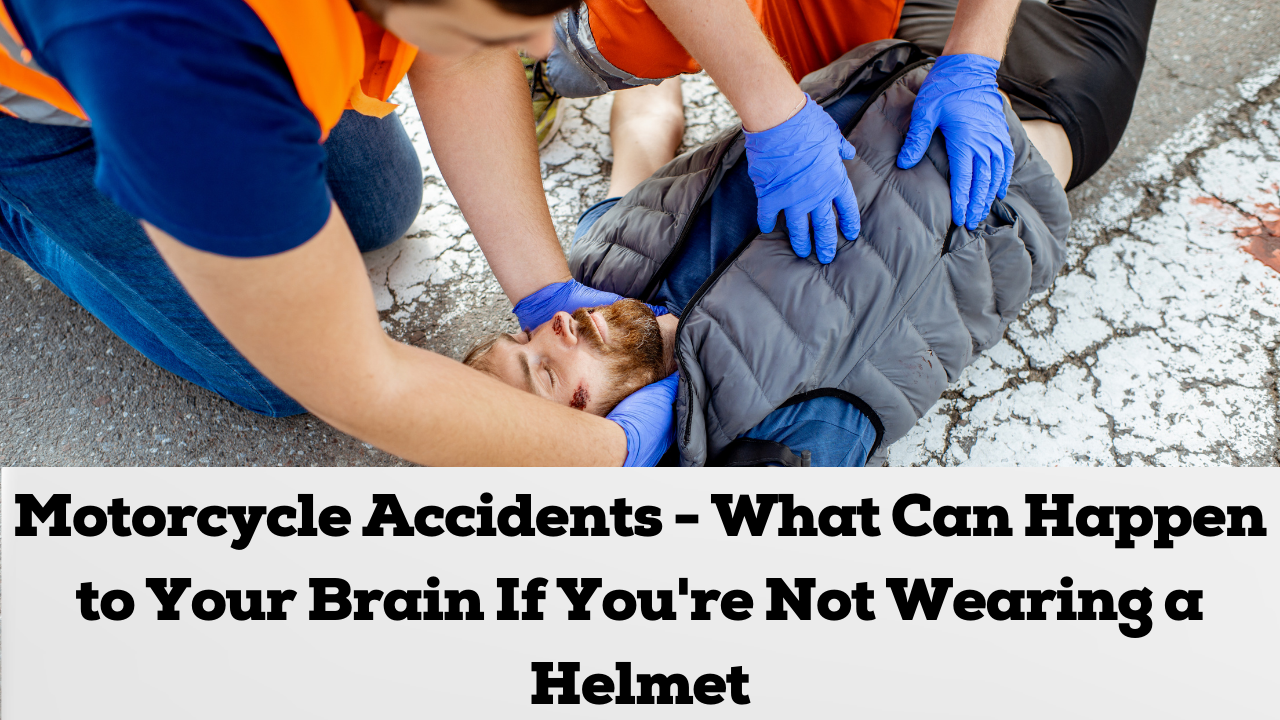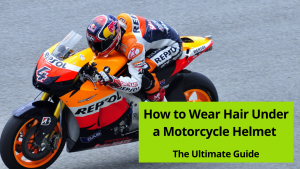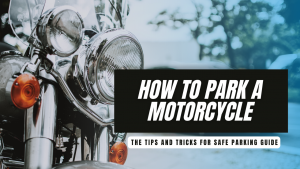Riding a motorcycle without a helmet can be extremely dangerous. Research has shown that not wearing a helmet can lead to severe brain injuries in an accident. This blog post will discuss what can happen to your brain if you are not wearing a helmet while riding a motorcycle. We will also provide information on how to protect yourself from these injuries.
What is Helmets?
A helmet is a protective gear worn to protect the head from injuries. Common sports that require helmets include football, hockey, and baseball. Helmets are also worn by cyclists, rollerbladers, and skateboarders. Construction workers also use helmets to protect their heads from potential injuries. The most common type of helmet is made of hard plastic with foam padding inside. The padding helps to absorb impact and protect the head from serious injury. Some helmets also have a face shield to protect the wearer’s face from debris or flying objects. Helmets are lightweight and comfortable to be worn for long periods without causing fatigue.
What are the different types of Helmet?
There are a few different types of helmets. The most common type is the full-face helmet, which covers your entire head and has a visor to protect your face. These are popular for motorcycle riders and racing drivers, as they provide the most protection in the event of an accident. Another type of helmet is the open face helmet, which only covers the top and back of your head. These are often used by BMX riders and mountain bikers, as they allow you to have a better range of vision and can be easier to breathe in. Finally, there are half helmets, which only cover the top of your head. Cruiser riders sometimes wear these or people who want a more vintage look. No matter what type of helmet you choose, always ensure that it fits properly and is securely fastened before riding.
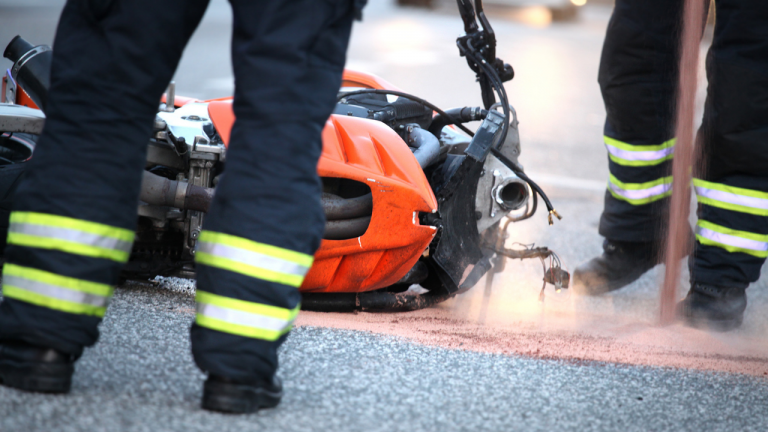

- Once again Scorpion redefines the definition of value and versatility.Introducing the all new EXO-AT950, a versatile modular adventure touring helmet.
- It has features and quality that you would expect to pay three times more for.The AT950's advanced LG® Polycarbonate Shell is not only engineered to minimize weight and disperse impact, its intuitive design also makes it the most versatile snow h

- Not only approved ILM's strict quality inspection, but also meet or exceeds FMVSS-218 and DOT safety standards.
- Modular ''flip-up'' function making the helmet a true two-in-one helmet fit for multiple occasions. Large lock release button helps to flip up the helmet easily with gloves.
- Built-in sun shield visor to block sun's UV rays, gives riders instant relief from sun glare.

- Transition Lens Instantly Reacts To Changing UV Levels
- Proprietary Break Away Chin Bar That Reduces Force On Head And Neck In The Event Of An Accident
- Premium Polycarbonate Anti-Scratch Shield Tech Takes The Lead With Pinlock Ready Systems Standard To Ensure A Clear Road Ahead
What are the benefits of wearing a helmet?
There are several benefits to wearing a helmet when riding a bike or engaging in other activities that involve high speeds and potential impact. For one thing, a helmet can help protect your head from serious injury in an accident. In addition, wearing a helmet can help to minimize distractions and reduce the risk of facial damage. Furthermore, helmets have been shown to have an impact on overall safety. Studies have found that riders who wear helmets are less likely than non-helmet wearers to experience collisions with other vehicles or pedestrians and falls or accidents on stairs or trails. Overall, there are many good reasons to ensure that you always wear a helmet when going for a ride.
What is the risk of not wearing a helmet?
Most people know the dangers of not wearing a helmet when riding a bike or motorcycle. Head injuries are among the most common injuries sustained in motor vehicle accidents, and helmets can help protect against them. However, other risks are associated with not wearing a helmet that is often overlooked. For example, not wearing a helmet can increase your risk of being involved in a hit-and-run accident. Drivers are less likely to stop if they know that the person they hit was not wearing a helmet. In addition, not wearing a helmet can also result in more severe injuries if you are involved in an accident. It is because the soft tissues of your head are more vulnerable to damage without the protection of a helmet. As a result, it is essential always to wear a helmet when riding a bike or motorcycle to protect yourself from head injuries and other risks.
What will happen to your brain if you get into an accident without wearing a helmet?
If you get into an accident without wearing a helmet, it will seriously damage your brain. The crash’s impact can cause your brain to ricochet inside your skull, causing bruising and bleeding. It can lead to a severe concussion, impeding normal functioning and memory recall. In some cases, these injuries may even be life-threatening. Additionally, if your head hits the ground or other objects in the crash, you could sustain traumatic brain injuries that can affect your health. So if you value your mental well-being, it’s imperative that you always wear a helmet when cycling or riding any other type of vehicle. It will keep you safe from harm in an accident, but it will also help keep your brain healthy and functioning at its best. And that’s something that we all want!

How to avoid severe brain injury while riding on Motorcycle?
Riding a motorcycle is a great way to enjoy the open road and explore new places. However, it is essential to remember that motorcycles offer less protection than cars in the event of an accident. As a result, riders are at a greater risk of severe injuries, including brain damage. Riders can take some simple steps to help reduce this risk. First, always wear a helmet when riding. A helmet can help protect your head in the event of an accident. Second, avoid riding in hazardous weather conditions. Driving in heavy rain or snow increases the risk of an accident. Third, be aware of your surroundings at all times. Pay attention to other vehicles on the road, and be prepared to react if they make sudden changes. By following these simple tips, you can help reduce your risk of sustaining a severe brain injury while riding a motorcycle.
FAQs on What Can Happen to Your Brain If You’re Not Wearing a Helmet
Most people are aware that wearing a helmet can help protect your head in a fall or accident. But what many people don’t realize is that not wearing a helmet can have some severe consequences for your brain. Here are some frequently asked questions about what can happen to your brain if you’re not wearing a helmet.
Can I suffer a concussion if I don’t wear a helmet?
Yes, you can suffer a concussion even if you’re not wearing a helmet. A concussion is a type of brain injury that can occur after a blow to the head. Concussions can cause symptoms like headaches, dizziness, nausea, and confusion. In severe cases, concussions can lead to unconsciousness. Wearing a helmet can help reduce suffering a concussion in an accident.
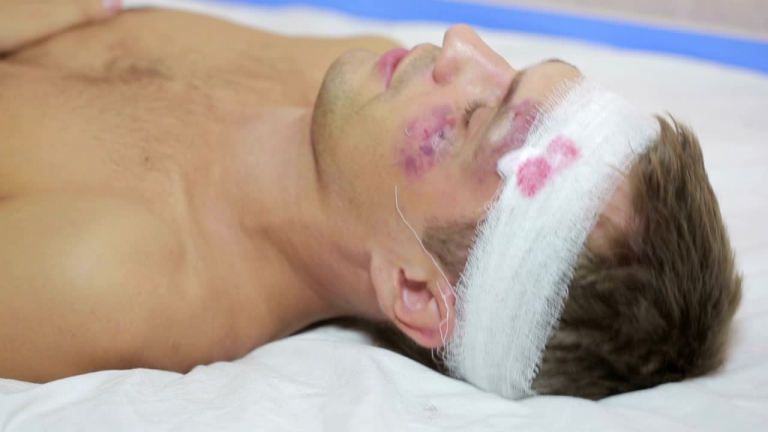
Can I die from not wearing a helmet?
Yes, it’s possible to die from not wearing a helmet. Head injuries are one of the leading causes of death in accidents, and many of these deaths could be prevented by simply wearing a helmet. Helmets help protect your head by absorbing the force of an impact and spreading it over a larger area. It can help to prevent or reduce the severity of head injuries.
Do I need to wear a helmet if I’m not riding on the road?
You should always wear a helmet when riding, regardless of whether you’re on the road or off. Many accidents occur in driveways or parking lots. Wearing a helmet can help protect your head if you fall or are hit by another vehicle.
Can I get a ticket for not wearing a helmet?
In some states, you can be ticketed for not wearing a helmet. In other states, there is no law requiring helmets. However, even if you’re not required by law to wear a helmet, it’s still a good idea to do so. Wearing a helmet can help protect your head in an accident.
Can a brain injury heal?
Most brain injuries can heal, but the extent of the healing depends on the severity of the damage. Some people may experience long-term effects, such as memory problems or difficulty concentrating. However, with proper treatment and rehabilitation, many people can recover fully from a brain injury.
Conclusion
Wearing a helmet is one of the most important things you can do to protect yourself in a motorcycle accident. It will help reduce your risk of traumatic brain injury, but it can also help prevent concussions and other serious head injuries. If you’re not wearing a helmet, take extra precautions to avoid accidents. And if you do suffer a brain injury, seek medical treatment immediately. Do you have any additional questions about motorcycle accidents or brain injuries? Please leave them in the message section. Have a safe ride!

